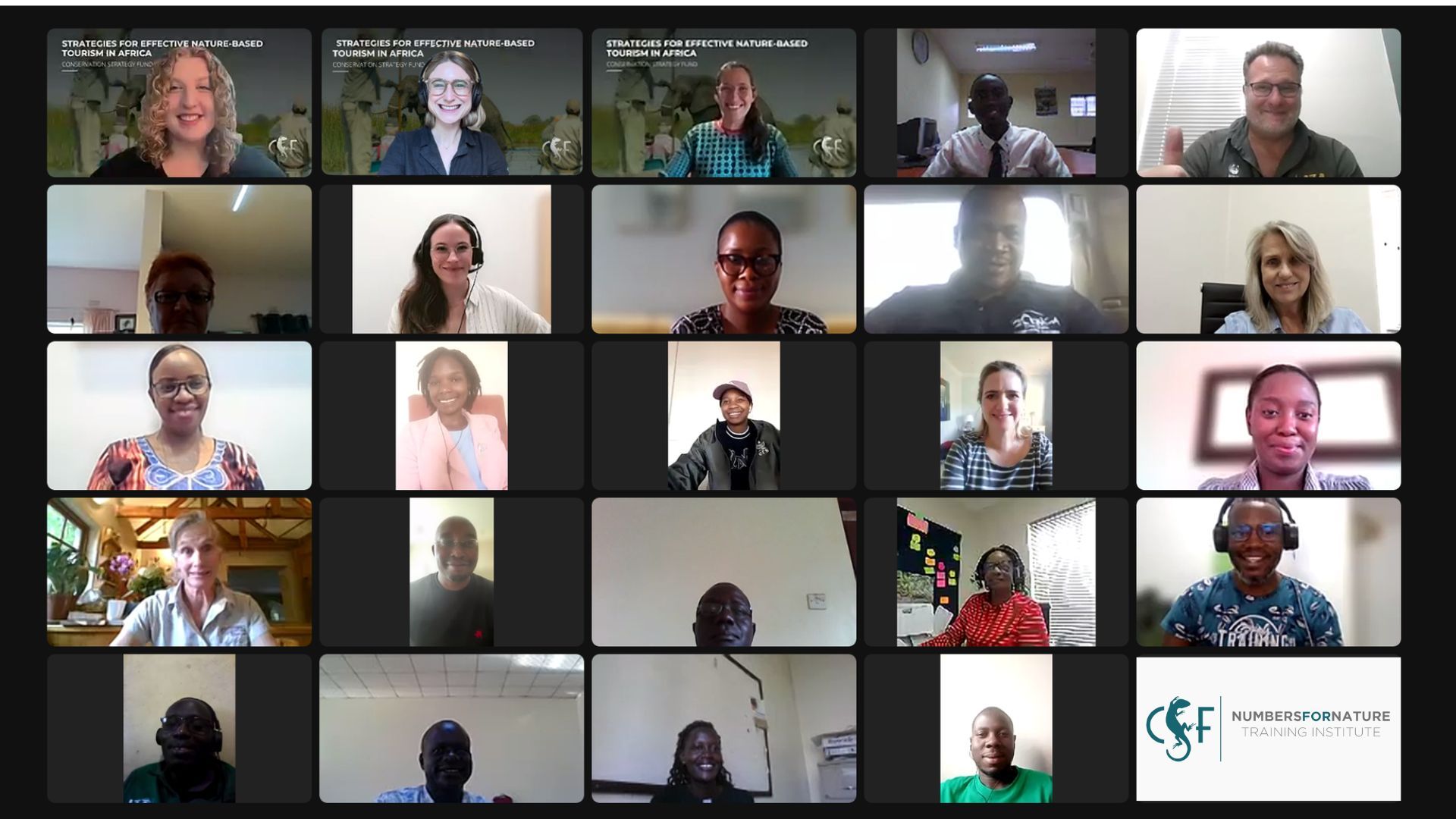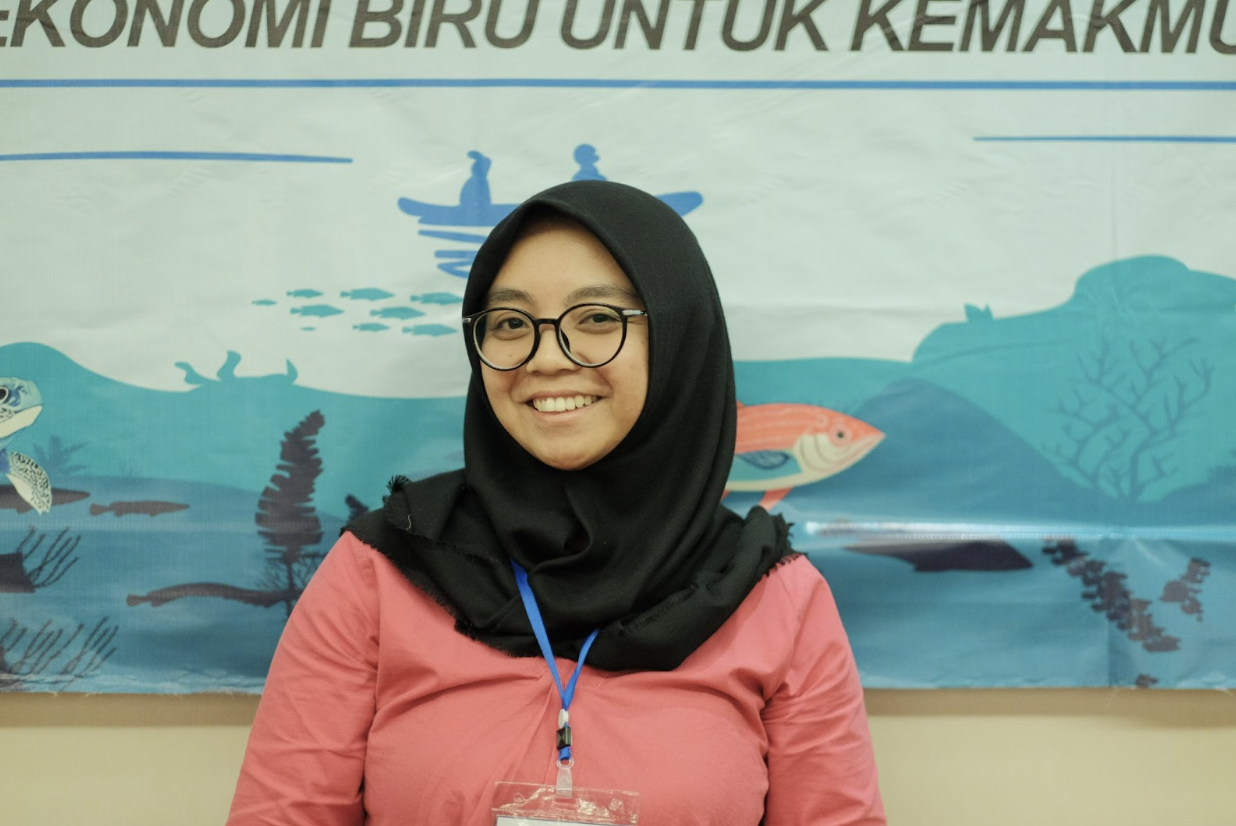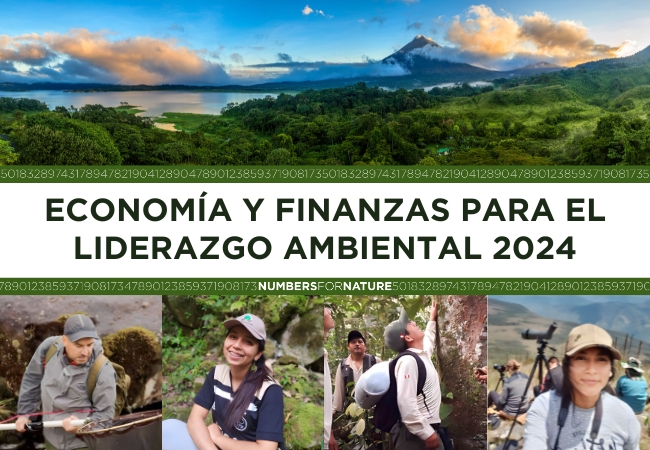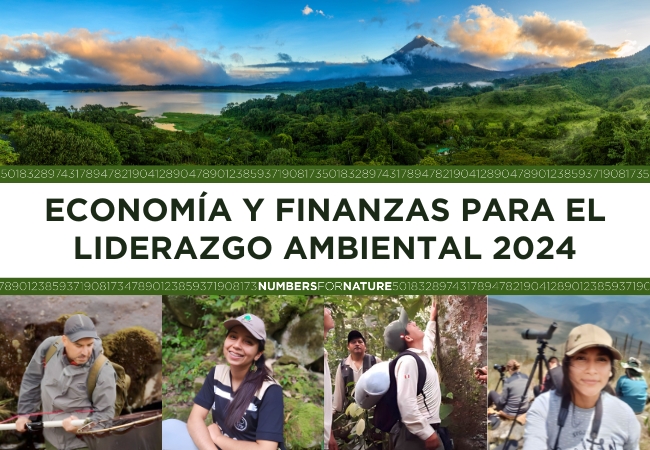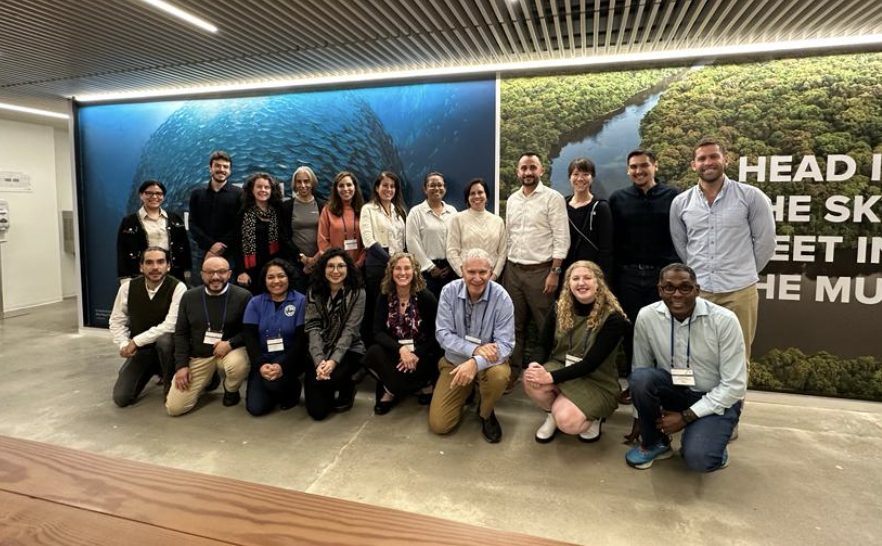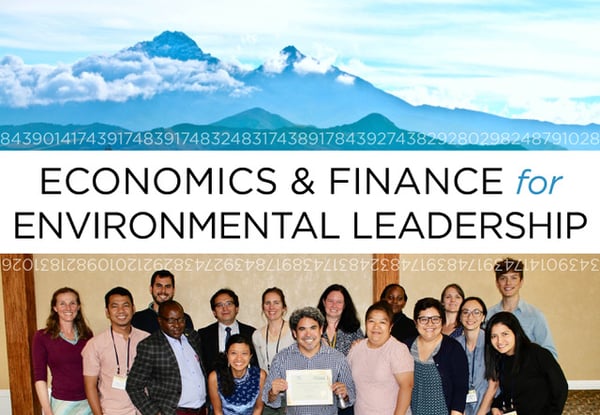News
Course participants from CSF's "Strategies for Effective Nature-Based Tourism" represented 21 organizations from 9 African countries.
Since we launched our programs in Indonesia in 2015, demand continues to grow for CSF’s unique approach to training and capacity building.
On April 1st, we commenced the second edition, exclusively in Spanish and 100% online, of our esteemed course 'Economics and Finance for Environmental Leadership' on our Spanish online training platform, Numbers for Nature Institute. This course is a unique opportunity for Latin American professionals, offering them economic tools with direct applicability in the field of nature conservation.
El pasado 1ro de abril iniciamos la segunda versión, 100% en línea y en español, de nuestro reconocido curso Economía y Finanzas para el Liderazgo Ambiental, que se lleva a cabo en nuestra nueva plataforma para capacitaciones en línea Instituto Numbers for Nature. El objetivo del mismo es ofrecer a profesionales de América Latina herramientas económicas que tienen aplicabilidad en el campo de la conservación de la naturaleza
Conservation Strategy Fund’s global training team launched its first in-person course in the US since 2019 last November 8th & 9th. Over the two-day course, participants explored the root causes of environmental and conservation problems, earning a background in ecological economics to speak the language of finance with decision-makers around the world.
This August and September, Conservation Strategy Fund brought 43 participants together for the 25th iteration of our world-renowned Economics and Finance for Environmental Leadership Course. This course is designed for professionals at the forefront of global sustainability issues, to train them on key economic and financial mechanisms they can use in their work building sustainable conservation strategies.
El pasado jueves 27 de abril finalizamos la primera versión, 100% en línea y en español, de nuestro reconocido curso Economía y Finanzas para el Liderazgo Ambiental.
Shutterstock: View on Morning fog over the Death Road in the Yungas of Bolivia

